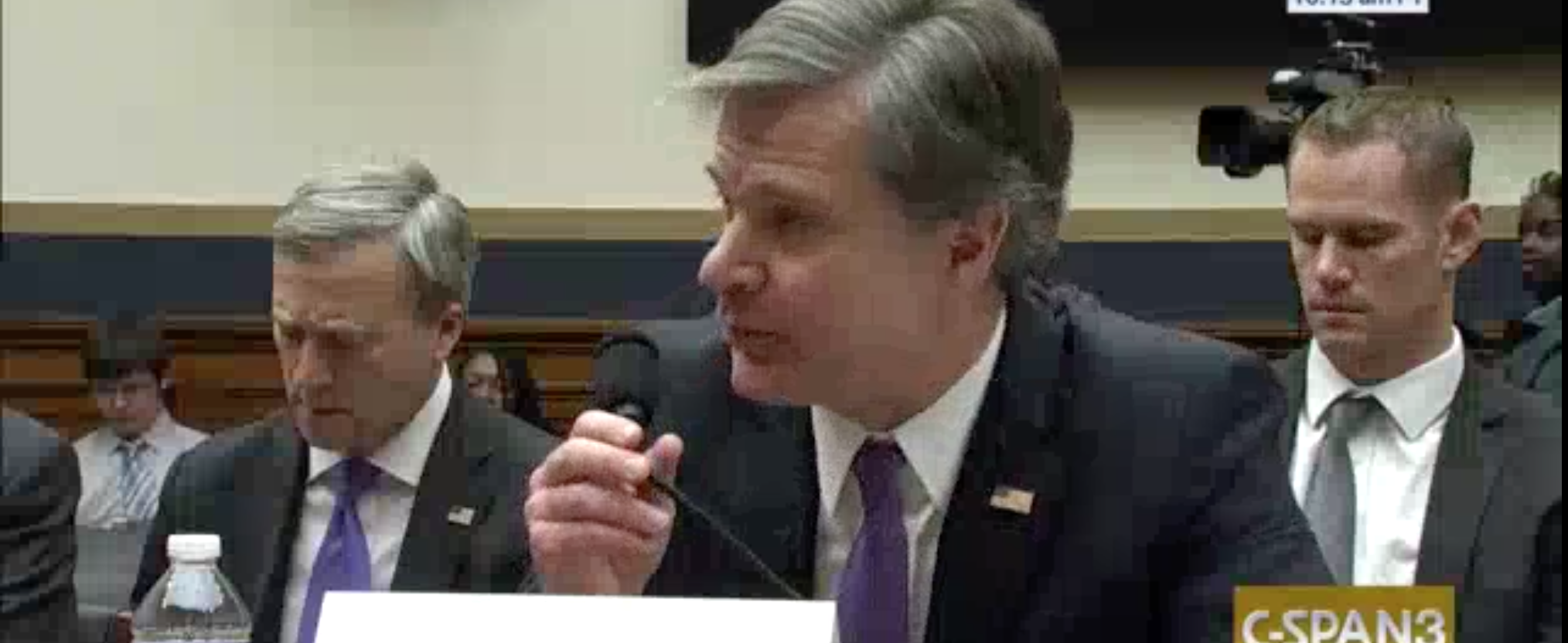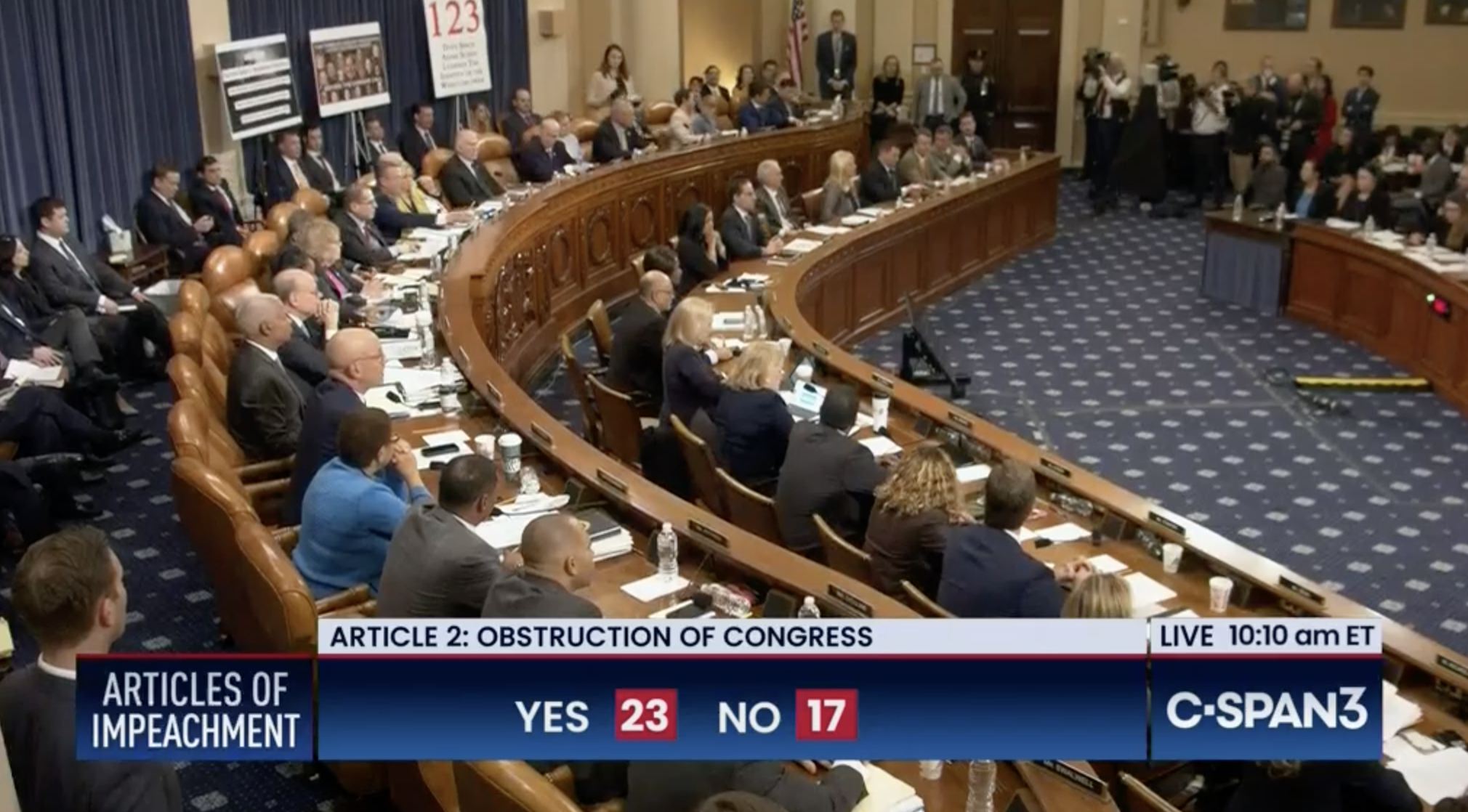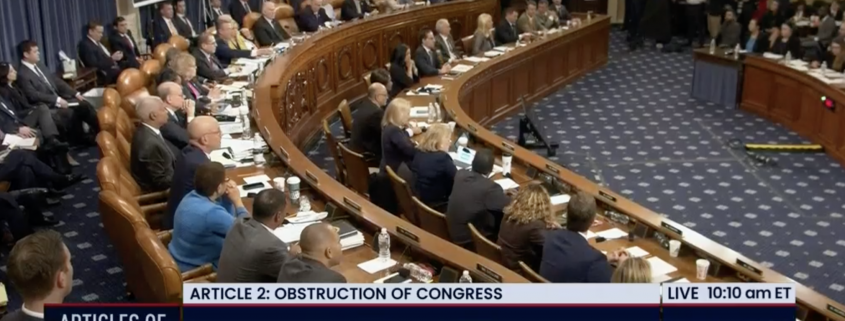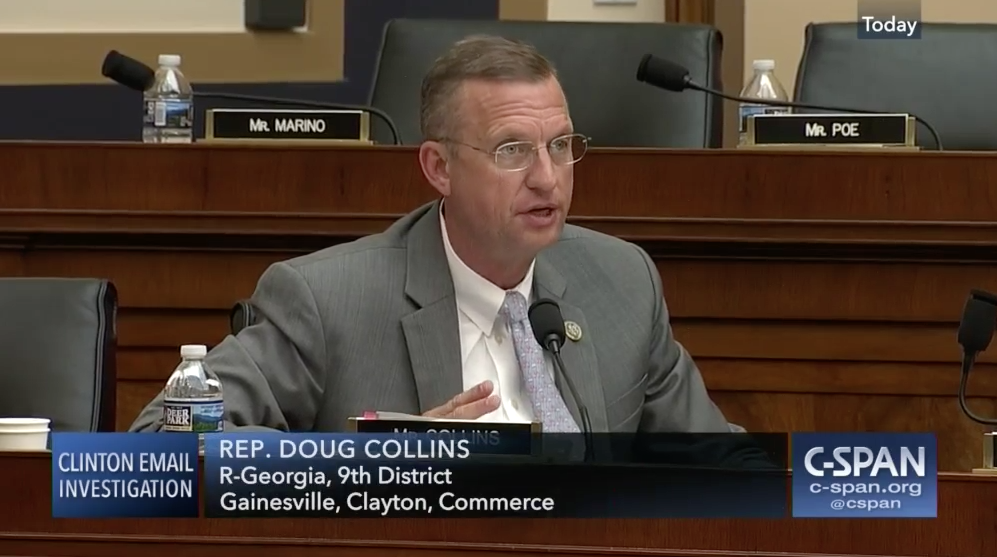We don’t know what the Mueller report says, though given William Barr’s promise to brief the Judiciary Committee leaders this weekend and follow it with a public summary, it’s not likely to be that damning to Trump. But I can think of five mutually non-exclusive possibilities for the report:
- Mueller ultimately found there was little fire behind the considerable amounts of smoke generated by Trump’s paranoia
- The report will be very damning — showing a great deal of corruption — which nevertheless doesn’t amount to criminal behavior
- Evidence that Manafort and Stone conspired with Russia to affect the election, but Mueller decided not to prosecute conspiracy itself because they’re both on the hook for the same prison sentence a conspiracy would net anyway, with far less evidentiary exposure
- There’s evidence that others entered into a conspiracy with Russia to affect the election, but that couldn’t be charged because of evidentiary reasons that include classification concerns and presidential prerogatives over foreign policy, pardons, and firing employees
- Mueller found strong evidence of a conspiracy with Russia, but Corsi, Manafort, and Stone’s lies (and Trump’s limited cooperation) prevented charging it
As many people have pointed out, this doesn’t mean Trump and his kin are out of jeopardy. This NYT piece summarizes a breathtaking number of known investigations, spanning at least four US Attorneys offices plus New York state, but I believe even it is not comprehensive.
All that said, we can anticipate a great deal of what the Mueller report will say by unpacking the lies Trump’s aides told to hide various ties to Russia: The report will show:
- Trump pursued a ridiculously lucrative $300 million real estate deal even though the deal would use sanctioned banks, involve a former GRU officer as a broker, and require Putin’s personal involvement at least through July 2016.
- The Russians chose to alert the campaign that they planned to dump Hillary emails, again packaging it with the promise of a meeting with Putin.
- After the Russians had offered those emails and at a time when the family was pursuing that $300 million real estate deal, Don Jr took a meeting offering dirt on Hillary Clinton as “part of Russia and its government’s support for Mr. Trump.” At the end (per the sworn testimony of four people at the meeting) he said his father would revisit Magnitsky sanctions relief if he won. Contrary to the claim made in a statement authored by Trump, there was some effort to follow up on Jr’s assurances after the election.
- The campaign asked rat-fucker Roger Stone to optimize the WikiLeaks releases and according to Jerome Corsi he had some success doing so.
- In what Andrew Weissmann called a win-win (presumably meaning it could help Trump’s campaign or lead to a future business gig for him), Manafort provided Konstantin Kilimnik with polling data that got shared with Ukrainian and Russian oligarchs. At the same meeting, he discussed a “peace” plan for Ukraine that would amount to sanctions relief.
- Trump undercut Obama’s response to the Russian hacks in December 2016, in part because he believed retaliation for the hacks devalued his victory. Either for that reason, to pay off Russia, and/or to pursue his preferred policy, Trump tried to mitigate any sanctions, an attempt that has (with the notable exception of those targeting Oleg Deripaska) been thwarted by Congress.
We know all of these things — save the Stone optimization detail, which will be litigated at trial unless Trump pardons him first — to be true, either because Trump’s aides and others have already sworn they are true, and/or because we’ve seen documentary evidence proving it.
That’s a great deal of evidence of a quid pro quo — of Trump trading campaign assistance for sanctions relief. All the reasons above may explain why Mueller didn’t charge it, with the added important detail that Trump has long been a fan of Putin. Trump ran openly on sanctions relief and Presidents get broad authority to set their own foreign policy, and that may be why all this coziness didn’t amount to criminal behavior: because a majority of the electoral college voted (with Russia’s involvement) to support those policies.
Whatever reason this didn’t get charged as a crime (it may well have been for several involved, including Trump), several things are clear.
First, consider all this from the perspective of Russia: over and over, they exploited Trump’s epic narcissism and venality. Particularly with regards to the Trump Tower deal, they did so in a way that would be especially damaging, particularly given that even while a former GRU officer was brokering the deal, the GRU was hacking Trump’s opponent. They often did so in ways that would be readily discovered, once the FBI decided to check Kilimnik’s Gmail account. Russia did this in ways that would make it especially difficult for Trump to come clean about it, even if he were an upstanding honest person.
Partly as a result, partly because he’s a narcissist who wanted to deny that he had illicit help to win, and partly because he’s a compulsive liar, Trump and his aides all lied about what they’ve now sworn to be true. Over and over again.
And that raised the stakes of the Russian investigation, which in turn further polarized the country.
As I noted here, that only added to the value of Russia’s intervention. Not only did Trump’s defensiveness make him prefer what Putin told him to what American Russian experts and his intelligence community would tell him, but he set about destroying the FBI in an effort to deny the facts that his aides ultimately swore were true. Sure, Russia hasn’t gotten its sanctions relief, yet. But it has gotten the President himself to attack the American justice system, something Putin loves to do.
We don’t know what the Mueller report will say about Trump’s role in all this, and how that will affect the rest of his presidency. We do know he remains under investigation for his cheating (as an unindicted co-conspirator in the ongoing hush money investigation) and his venality (in the inauguration investigation, at a minimum).
We do know, however, that whatever is in that report is what Mueller wants in it; none of the (Acting) Attorneys General supervising him thwarted his work, though Trump’s refusal to be interviewed may have.
But we also know that Russia succeeded wildly with its attack in 2016 and since.
Democrats and Republicans are going to continue being at each other’s throats over Trump’s policies and judges. Trump will continue to be a venal narcissist who obstructs legitimate oversight into his mismanagement of government.
Both sides, however, would do well to take this report — whatever it says — as the final word on this part of the Russian attack in 2016, and set about protecting the country from the next attack it will launch.
An unbelievable swath of this country — including the denialists who say all those things that Trump’s own aides swore to doesn’t amount to evidence of wrongdoing — have chosen for tribal reasons (and sometimes venal ones) to side with kleptocratic Russians over the protection of America. Now that the report is done, it’s time to focus on protecting the United States again.
As I disclosed last July, I provided information to the FBI on issues related to the Mueller investigation, so I’m going to include disclosure statements on Mueller investigation posts from here on out. I will include the disclosure whether or not the stuff I shared with the FBI pertains to the subject of the post.








